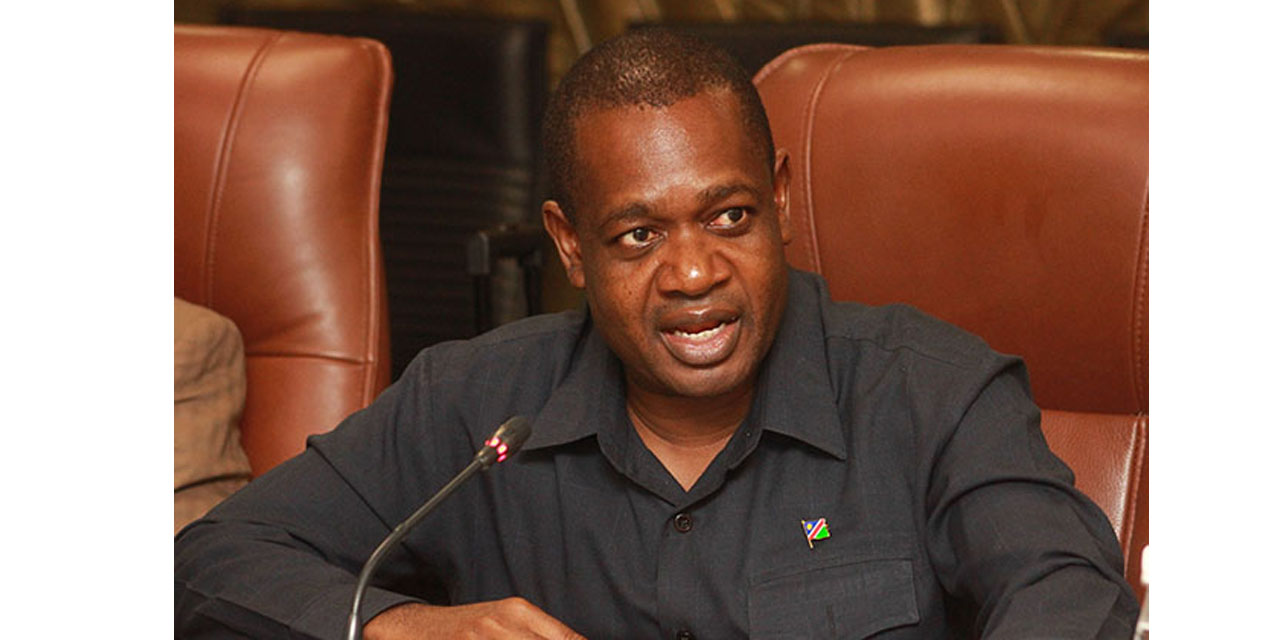Hertta-Maria Amutenja
More than 80 advocates for information and communication rights, media professionals, and academics from across Africa came together at the Regional Conference on Information and Communication Rights in Africa, which was held in Windhoek.
The conference was organized by Namibia Media Trust (NMT) in cooperation with UNESCO, Fesmedia, and the African Commission on Human and Peoples’ Rights (ACHPR), and it was hosted by Namibia Media Trust (NMT).
Speaking at the opening ceremony, Information Minister Peya Mushelenga delivered a keynote address stating that Africa is guided by the African Charter on Human and Peoples’ Rights, which provides that Every individual shall have the right to receive information and that Every individual shall have the right to express and disseminate his opinions within the law.
“Article 1 of the African Charter obliges States Parties to adopt legislative, or other measures to give effect to the rights, duties and freedoms enshrined therein, including rights related to information and communication,”he said.
He added that Namibia is committed to upholding and advancing information and communication rights by enacting strong, forward-thinking laws and policies as a member of the African Union and a member of the international community.
“Our government firmly believes that digital rights, access to information and freedom of expression and the press are inalienable human rights that must be defended at all costs. The Namibian Constitution, which is the supreme law of the land protects these rights and as a society governed by laws, Namibian citizens are guaranteed their information and communication rights,” said Mushelenga.
Zoé Titus, Director of the NMT shared the same sentiments as the minister and said the government has a duty to protect the citizens’ right to free expression and to provide them with access to information, both online and offline, so that they can engage meaningfully in public life.
This requires a conducive environment for free, independent and flourishing news media and an engaged and resourced civil society. But, governments, media, and civil society alone cannot achieve this. The private sector, a critical driver of development and even those whom we purport to represent are often absent from these important conversations. It is time that we recast
our alliances and reassess our advocacy interventions.
Titus, therefore, called on the United Nations Educational, Scientific and Cultural
Organisations; the African Commission for Human and Peoples’ Rights; African governments; online platforms and the private sector; civil society organisations, as well as media organisations as key stakeholders to advance information and communication rights in Africa.
The objective of the conference was to deliberate on matters and challenges affecting access to information, freedom of expression, and digital rights in Africa; to exchange strategies and learnings in developing the policies and practices that give practical effect to the rights to information, expression and a free and independent media, as well as to frame the regional investment, development and advocacy agenda required to advance the comprehensive elaboration of information and communications rights in Africa.
In addition, setting the tone for the conference discussions, Freya Gruenhagen, Resident Representative of the Friedrich Ebert Stiftung in Namibia and Fesmedia Africa Director said: “The advancement of digital information and communication technologies has opened new opportunities for access to information and political expression. Additionally, however, it has also posed profound challenges to democratic processes, social cohesion, and even peace in Africa.”




